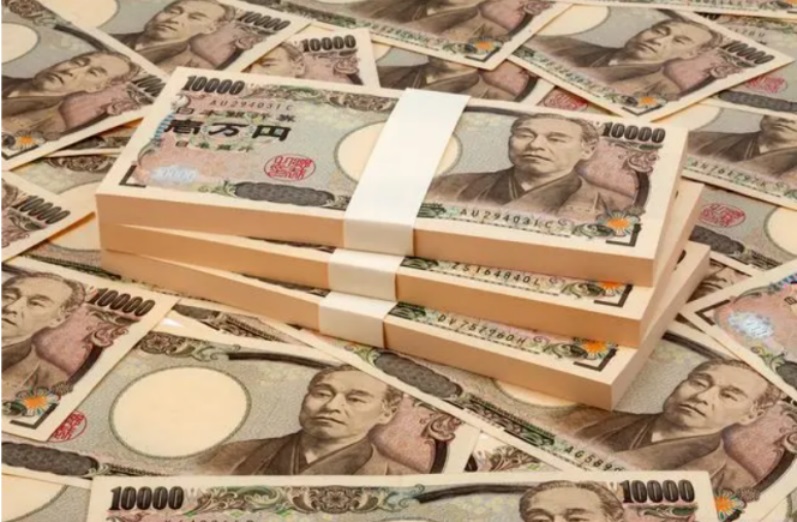
Recently, the Japanese yen exchange rate has entered a continuous downward trend, has fallen to 154 yen per dollar mark. Hedge funds slashed their bets on the yen, the biggest drop since March 2020 and the lowest level against the dollar since June 1990, after Japanese authorities threatened to step in to support the currency. This is mainly because markets expect the interest rate differential between Japan and the United States to continue to widen, and although Japanese government officials have stepped up verbal warnings, they have not actually done anything to discourage them. But the yen has fallen more than 1.7 per cent against the dollar over the past five days, data showed, as investors once again shifted their focus to the interest rate differential between the US and Japan.
The Japanese government has a certain concern about the depreciation of the yen, but it is also affected by a variety of external factors. One is the global economic situation, when the global economic growth is slowing or there is uncertainty, investors may move money to safer assets, which will cause the yen exchange rate to fall. On the contrary, when the global economy continues to grow at a sustained rate, investors will bet heavily on the yen, which will cause the currency to rise sharply.
The second is the monetary policy. The monetary policy of the Japanese government and central bank has a great impact on the yen exchange rate. If the Bank of Japan adopts a loose monetary policy, such as lowering interest rates or buying government bonds, it will reduce the attractiveness of the yen, which will lead to a downward trend in the yen exchange rate. In the past 24 hours, USDJPY has fallen below the round marks of 156, 157 and 158. Investors believe that the dollar/yen above 155 is an important threshold and bottom line for the Japanese government to intervene, and international investors are betting heavily on the depreciation of the yen, and when the Japanese government intervened in the exchange rate is worthy of attention.
The third is the current trade situation. Japan's trade situation has an important impact on the yen exchange rate. In the event that Japan's export growth slows down, its trade deficit expands, or its import cost rises, increasing the cost of enterprises, it will exert great pressure on the yen exchange rate and even lead to a sharp decline in the yen exchange rate. The continuous depreciation of the yen also directly led to the increase of Japan's trade deficit, which would have created a vicious circle in the past. Despite the improvement in Japan's trade situation, the yen exchange rate still faces some depreciation pressure, mainly due to the Bank of Japan to maintain its ultra-low interest rate policy, while the Federal Reserve has been aggressive in raising interest rates, leading to a widening of the Japanese interest-rate spread and investors to reduce their holdings of yen assets. In addition, Japan relies heavily on imports of important resources such as energy, food and raw materials, and its demand for the US dollar continues to rise, which also aggravates the depreciation pressure on the yen.
In general, the above factors are not isolated, and there is a mutual influence relationship between various factors and the growth and depreciation of the yen exchange rate. It should be noted that the abnormal changes of the yen exchange rate will also affect the changes of Japan's trade and economy. Therefore, the Japanese government needs to comprehensively analyze various factors and formulate corresponding countermeasures. In the face of the continued depreciation of the yen, the Bank of Japan and the Japanese government may consider adjusting monetary policy and intervening in the foreign exchange market to stabilize the yen exchange rate. However, when formulating economic policies and monetary policies, the Japanese government needs to comprehensively consider the economic situation and trade situation at home and abroad in order to achieve economic stability and sustainable development.

Driven by the Trump administration's push to relax financial regulations and the recovery of investment banking business, the market value of the six major banks in the United States has cumulatively increased by approximately 600 billion US dollars by 2025.
Driven by the Trump administration's push to relax financia…
On Christmas evening, U.S. President Trump posted on social…
According to multiple foreign media reports, the recent fin…
The middle class, once regarded as the cornerstone of Ameri…
On December 19th local time, the US military launched a lar…
The Boxing Day sunshine should have cast a false glow of pr…